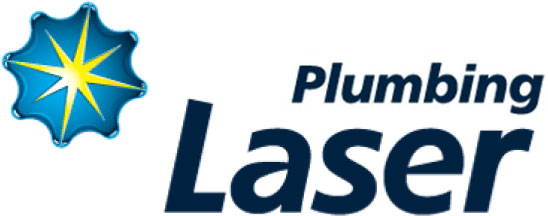Commercial Plumber: What Not to Flush Down the Toilet: Essential Plumbing Advice for Wellington Homes
Commercial Plumber: What Not to Flush Down the Toilet: Essential Plumbing Advice for Wellington Homes
Flushing the wrong items down your toilet can lead to serious plumbing problems, blocked drains, and costly repairs. At LaserPlumbing Wellington East, we’ve seen firsthand how avoidable damage often starts with a simple mistake—flushing something that shouldn’t go down the toilet. While it may be tempting to treat your toilet like a rubbish bin, not everything that fits will flush safely. Here's a guide to help you understand what not to flush and how to protect your plumbing system.
Items You Should Never Flush Down the Toilet
1. Paper Towels and Napkins
Paper towels are thick and absorbent, which makes them great for cleaning but terrible for flushing. Unlike toilet paper, they are slow to break down and can quickly clog your pipes.
2. Facial Tissues
Although they look similar to toilet paper, tissues are treated with binding agents that make them more durable. These chemicals prevent them from disintegrating in water, leading to blockages in the toilet trap or drain.
3. Regular Paper and Newspaper
Standard paper and newspapers don’t dissolve properly in water. When flushed, they tend to form clumps, which can block your pipes or cause backups in the sewage system.
4. Wipes – Even “Flushable” Ones
Many wipes contain synthetic materials like rayon or viscose that don’t break down in water. Even wipes labeled as “flushable” often contribute to clogged pipes and damage to wastewater treatment equipment.
5. Hygiene Products
Tampons, sanitary pads, and their wrappers are all designed to absorb moisture and expand. These items are one of the most common causes of toilet blockages. They should always be disposed of in a bin.
6. Pasta, Rice, and Food Waste
Food items like rice and pasta swell when exposed to water, and their sticky texture causes them to build up inside pipes. Flushing any kind of food waste is a bad idea and can result in major clogs.
7. Hair
Hair does not dissolve in water. It tangles and combines with other debris in your pipes, creating dense blockages that are difficult to remove.
8. Vegetable Oil and Fats
Grease, oils, and fats solidify as they cool and stick to the inside of your pipes. Over time, they form thick layers that restrict water flow and cause backups.
How Blockages Happen
Most toilet blockages occur within the trap—a curved section of pipe (S-trap or P-trap) that holds water to block sewer gases. However, some materials travel deeper and block the main drain stack, creating more serious issues that affect your entire plumbing system.
If your toilet is draining slowly, gurgling, or not clearing completely, it’s a sign of a blockage. The best practice? If in doubt, throw it out—not down the toilet.
Frequently Asked Questions
- Can Kleenex go down the toilet? No, facial tissues don’t dissolve easily and should be disposed of in the bin.
- Can I flush hair or tampons? No, both can cause significant clogs in your plumbing.
- Can you flush cooking oil or grease? Absolutely not. It will harden and lead to long-term pipe damage.
Dealing with a Blocked Toilet?
If you’re experiencing slow drainage or a complete blockage, call Laser Plumbing Wellington East. Our experienced team will respond promptly, identify the cause, and clear the blockage efficiently. Don’t let a clogged toilet disrupt your day—get it sorted by the professionals.
